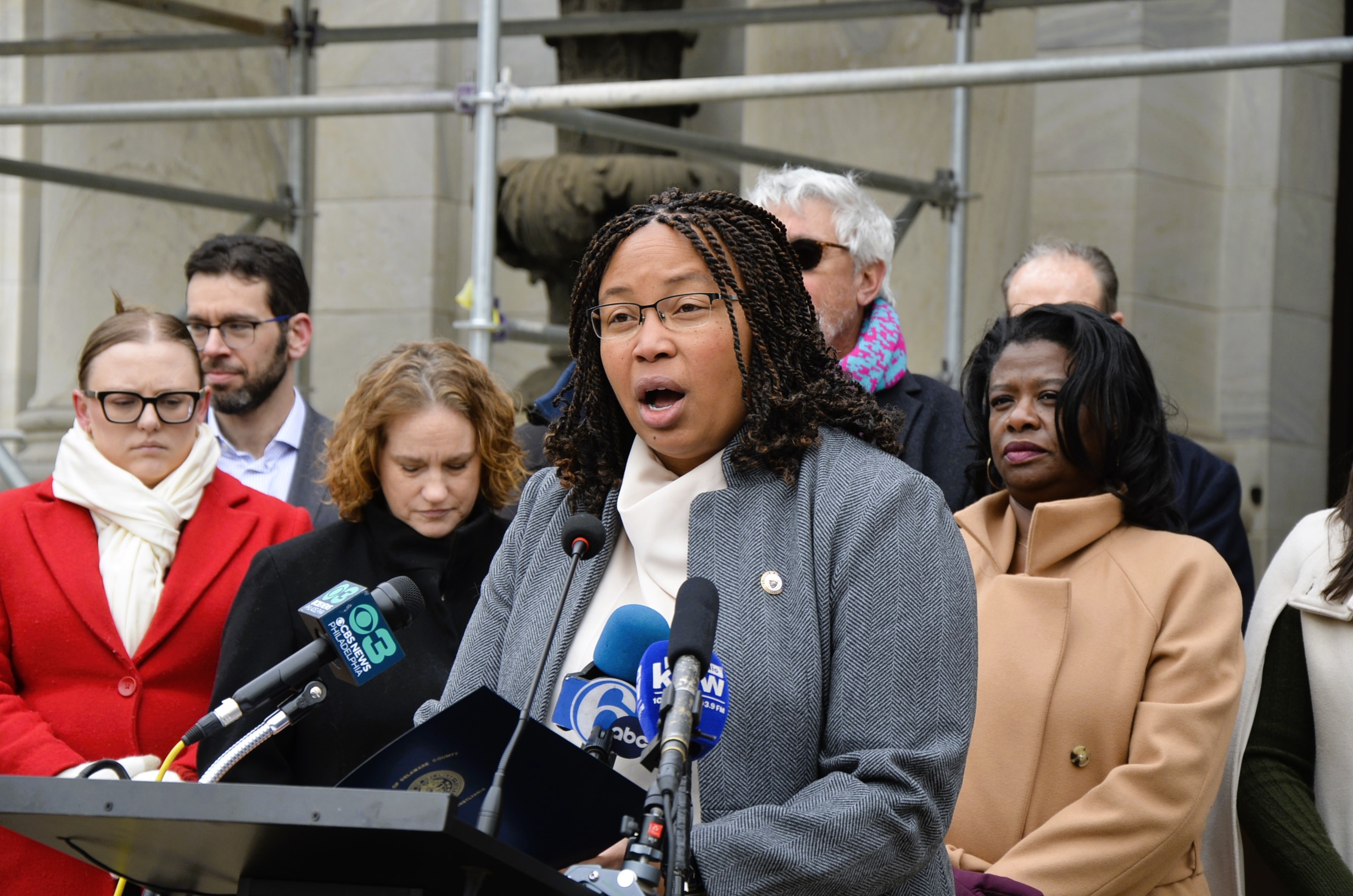(From a press release) Attorney General Dave Sunday announced that his office is joining a bipartisan coalition of 28 Attorneys General in filing a lawsuit to block 23andMe’s impending sale of consumer data — following the company’s recent bankruptcy filing. The lawsuit objects to the bankruptcy sale of personal genetic information that was collected by 23andMe from […]





